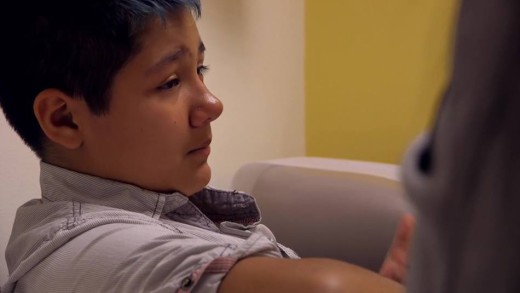Misogyny is rampant in this culture, and corporations capitalise on making women hate their bodies. Indeed all aspects of womanhood are commodified, hypersexualised, and squeezed into gender stereotypes. Being female comes at a cost. So it's no wonder that young people growing up can feel horrible about themselves and their bodies, and further feel confused about what it means to be a woman in today's world. Into this perfect storm steps queer theory, an ideology born in the 1990s, that tells people that all the confusing feelings they may experience about the world they live in can be fixed not by changing the world, but by changing themselves. The past decade has seen a steep rise in the number of young girls seeking to alter their bodies by undergoing life threatening, irreversible procedures. Dysphoric is a series that explores this concept of gender transition, told through the voices of clinicians, psychiatrists, sociologists, feminists, academics, detransitioners, and concerned citizens and parents. The series also discusses the permanent medical side-effects of hormones and surgeries, the propaganda of corporations that glorify thousands of stereotypical gender presentations coalesced as fashion, the surge in pronoun policing, censorship and the curtailment of speech, language hijacking that calls women "menstruators," and the many other hurdles women face while trying to question this modern-day misogyny.
Growing Up Trans explores how queer theory, now in the mainstream, has come to children—some younger than six years old. For just a generation ago, it was considered only adults who wished to perform opposite gender stereotypes, physically changing their bodies or appearance with drugs, hormones and invasive surgery; but today, many young children are seeking serious and new medical or chemical interventions, at younger and younger ages, in a culture of rampant individualism and post-modernism. Told from the perspective of parents, doctors, but perhaps most revealing of all, the kids themselves, Growing Up Trans reveals a sharp narrative that speaks to the choices and struggles of a new generation of young people, while also illustrating the dynamics of the larger post-modern culture and how its profoundly influenced their lives, bodies, and indeed the existential self.

